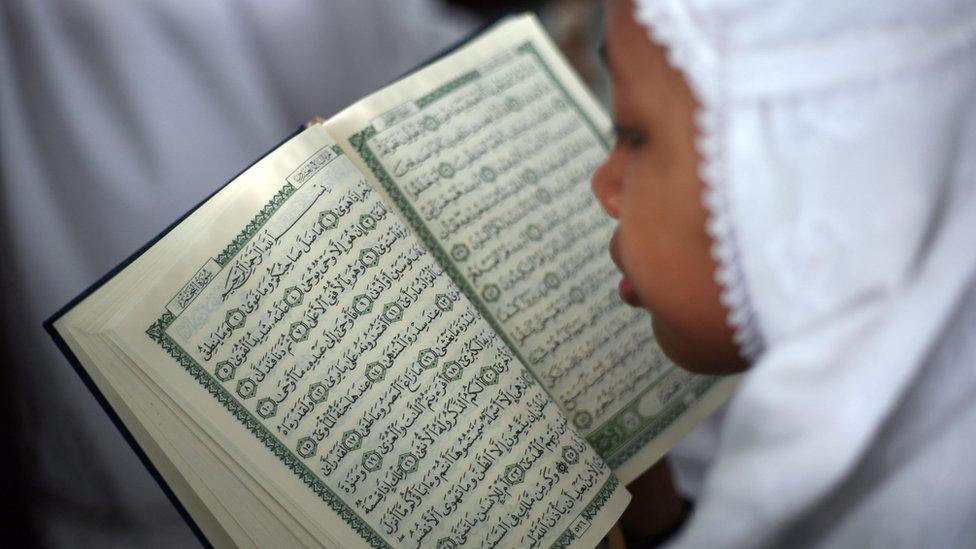When Affection Becomes Crime
On August 26, 2025, in Banda Aceh, two young men—aged 20 and 21—were publicly caned after being convicted by a Sharia court for hugging and kissing in a public restroom, actions deemed as potential precursors to prohibited sexual relations.
Anchored on Sharia law, Aceh—Indonesia’s only province with such judicial enforcement—permits corporal punishment for a wide array of morality-based offenses. These include not just gay conduct, but adultery, gambling, alcohol consumption, and even improper dress.
A Brutal Reality: The Sentencing & Execution
The court originally sentenced each man to receive 80 lashes. However, time already spent in detention led to a reduction, with each enduring 76–82 lashes.
This sentence was carried out publicly—on a stage at Taman Sari Park—before roughly 100 spectators. The canings were administered by masked enforcers wielding rattan canes, designed both to inflict pain and public humiliation.
Amplifying Voices of Outrage
Amnesty International’s Regional Research Director, Montse Ferrer, condemned the event as “a disturbing act of state‑sanctioned discrimination and cruelty,” asserting that “punishments such as flogging are cruel, inhuman and degrading and may amount to torture under international law”.
The case has reignited global debate on human rights, particularly regarding LGBTQ+ protections. Outside Aceh—including the rest of Indonesia—same-sex relations remain lawful, highlighting a sharp legal and moral divide within the nation.
A Troubling Legal Plateau
Aceh’s enforcement of Sharia law stems from its Special Autonomy Law of 2001, granting it permission to legislate and punish according to Islamic law—a right that persists despite national disapproval and failed legal challenges.
International pressure, including a 2016 petition by human rights groups to Indonesia’s Supreme Court, has done little to dismantle these punitive measures.
A Legacy of Public Flogging
This 2025 incident echoes past episodes:
- In 2017, two young men were publicly caned—receiving over 80 lashes each—for consensual gay sex. The punishment occurred before a jeering crowd, shocking many observers.
- More recently, in 2021, two men were similarly punished with 77 lashes each simply for being suspected of homosexual behavior.
To date, at least six men have been publicly caned in Aceh for homosexuality since the enforcement of these laws began
Beyond the Headlines: Why This Is So Heartbreaking
- Criminalizing the Intimate: At the heart, the punishment wasn’t for sex—it was for hugging and kissing, consensual human connection transformed into a criminal offense.
- Public Humiliation & Torture: These rituals aren’t hidden; they’re spectacles of shame—designed to instill fear, reinforce conformity, and crush dignity.
- Erosion of Universal Rights: These acts defy international human rights conventions that Indonesia has ratified, particularly in safeguarding minority rights and banning cruel treatment.
- Creeping Conservatism: As Aceh tightens its moral grip, it sends ripples through Indonesian society—and beyond, emboldening conservative factions and deepening cultural divides.
Final Thoughts
This disheartening episode is not merely about two men punished for affection—it’s a painful reminder of the dark intersections between law, morality, and systemic oppression. In an increasingly interconnected world, the echoes of Aceh’s caning expose the fragility of human rights in local contexts.


